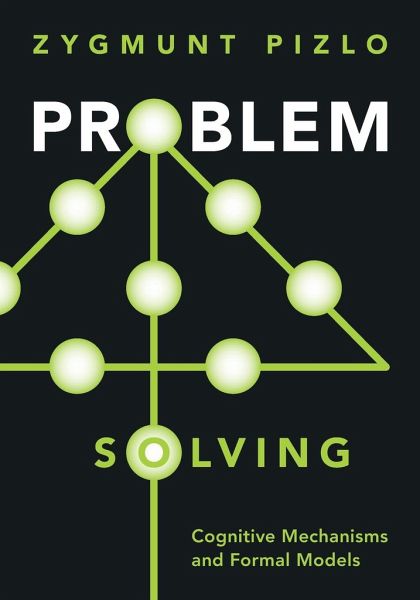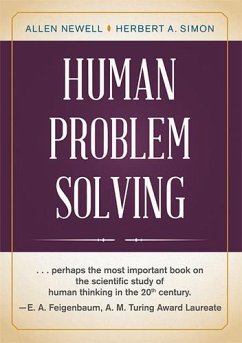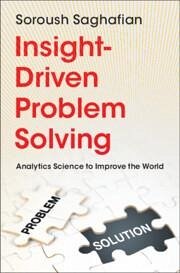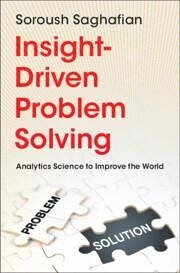
Problem Solving
Versandkostenfrei!
Versandfertig in 1-2 Wochen
38,99 €
inkl. MwSt.

PAYBACK Punkte
19 °P sammeln!
Problem solving is one of the most fundamental cognitive functions, and now there is finally a textbook for cognitive psychology and cognitive neuroscience courses that is dedicated to investigating how it works. It brings together insights from psychological research on human subjects with useful formal models from computer science.














